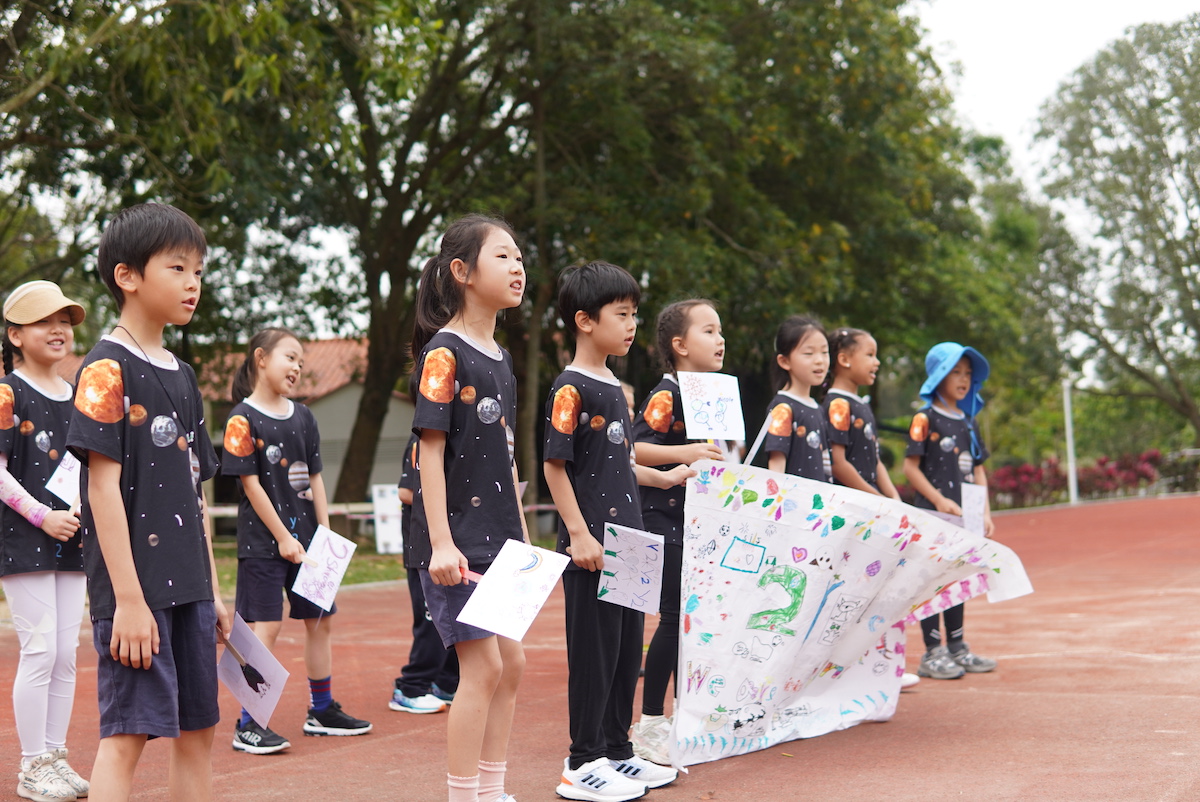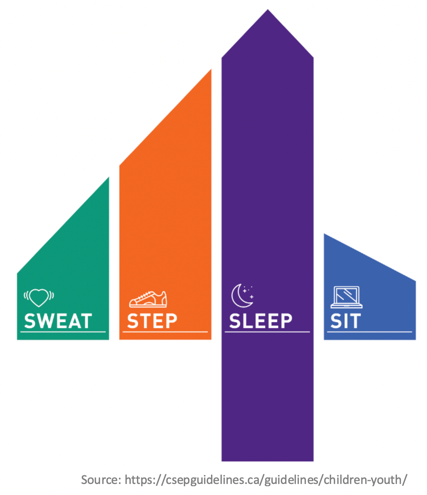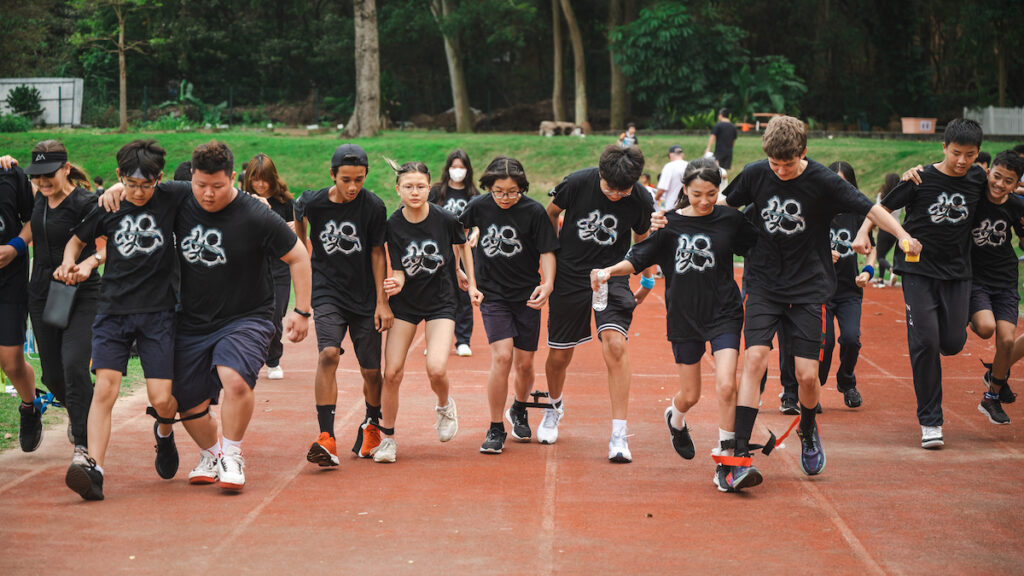
It comes as no surprise that Sports Day is one of the students’ favorite school days of the year. There is challenge, there is competition, there is teamwork, and there is glory and accomplishment – what’s not to like?!
Sports Day has all of the ingredients for the right mix of laughter, sweat, strategizing, muscle fatigue, personal bests and even disappointment. Cheered on by peers, classmates, teachers, and parents, every participant is encouraged to give their best and enjoy the rewards of healthy competition.
Underlying the benefits a Sports Day offers to student spirit, individual growth, and school culture is the high value we assign physical activity. Certainly Mr. Johan and Mr. Sego, ZIS PE teachers and organizers of this year’s event, are convinced of the merits of exercise, and across the school as an IB school we believe in the importance of physical activity and of having a balanced approach to life, as identified in the ten attributes of the IB Learner Profile.
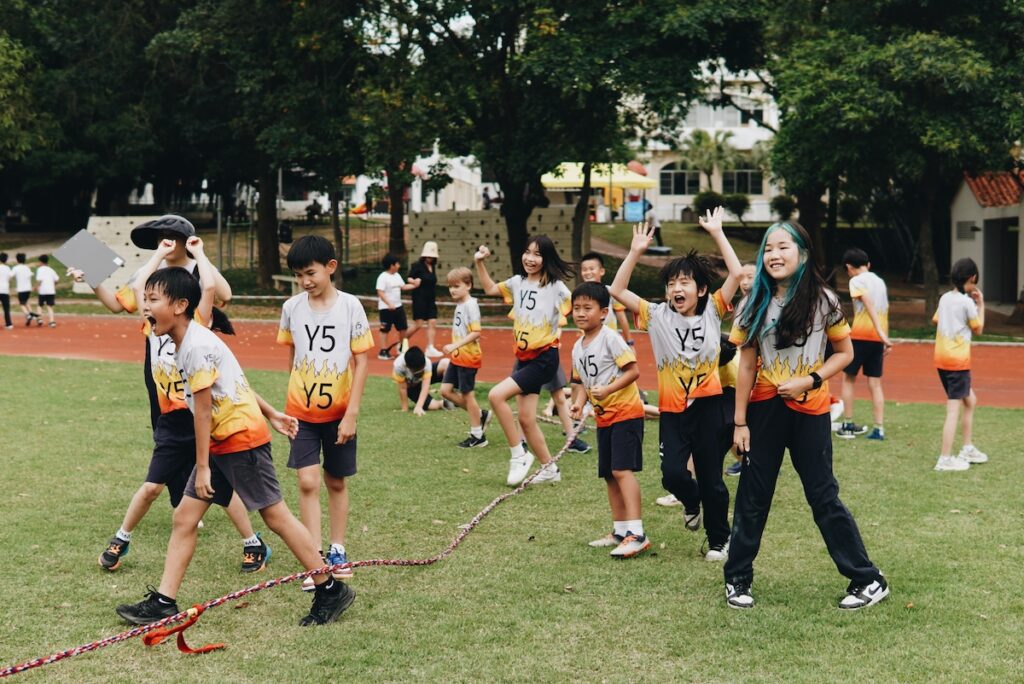
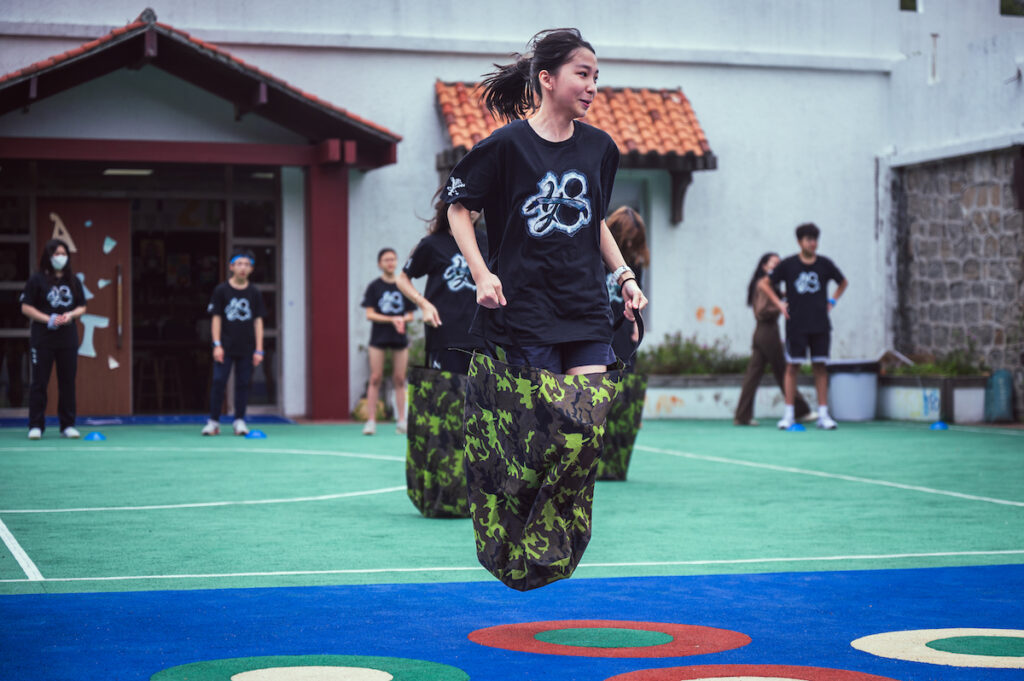
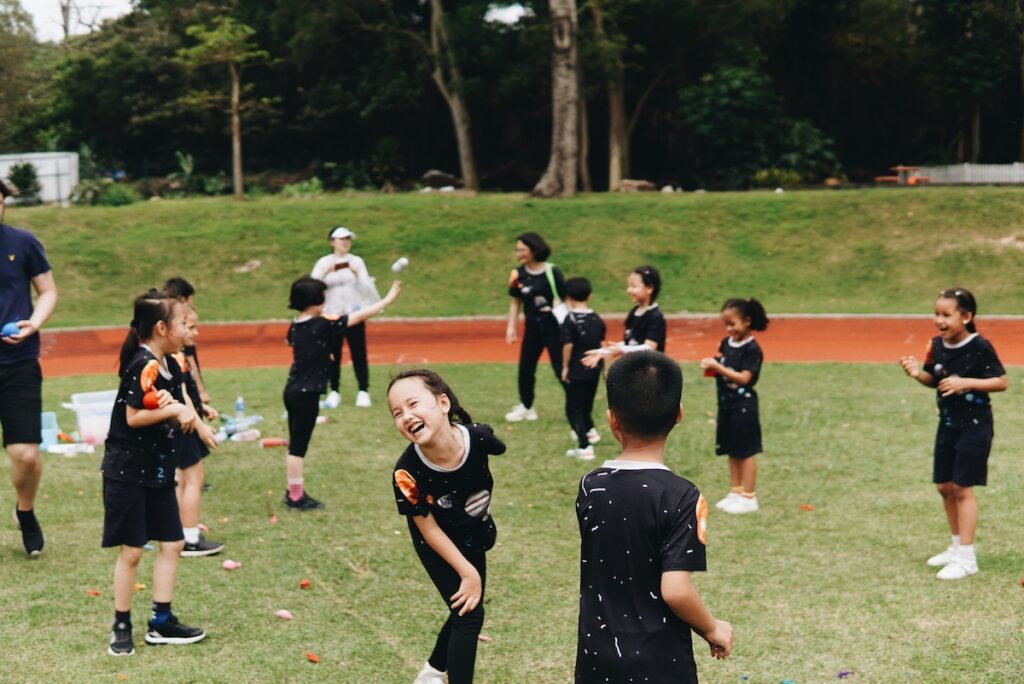
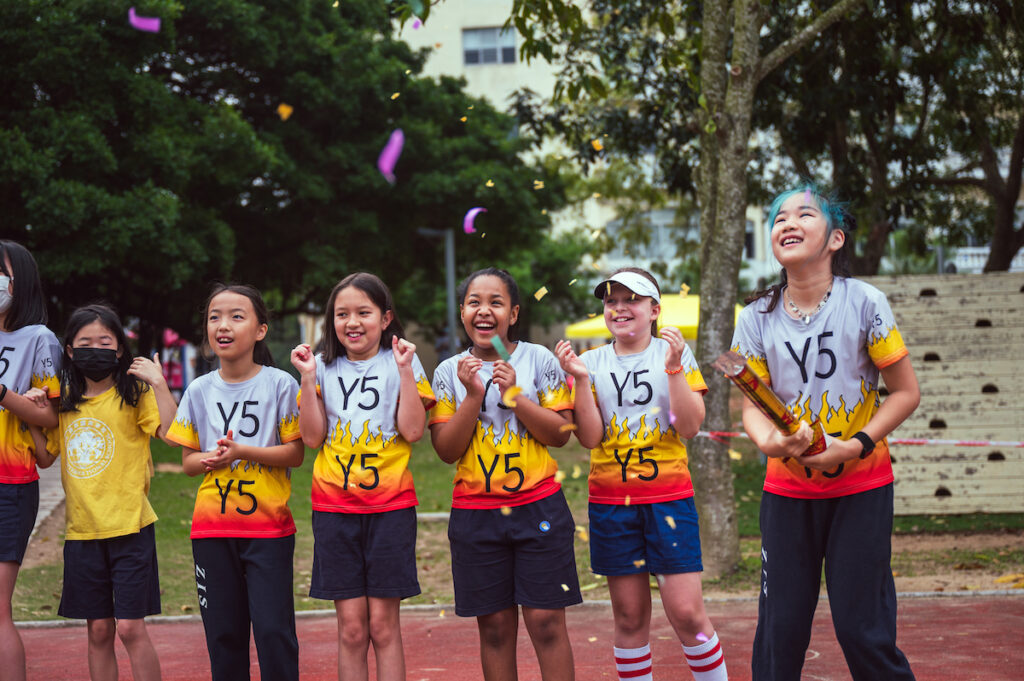
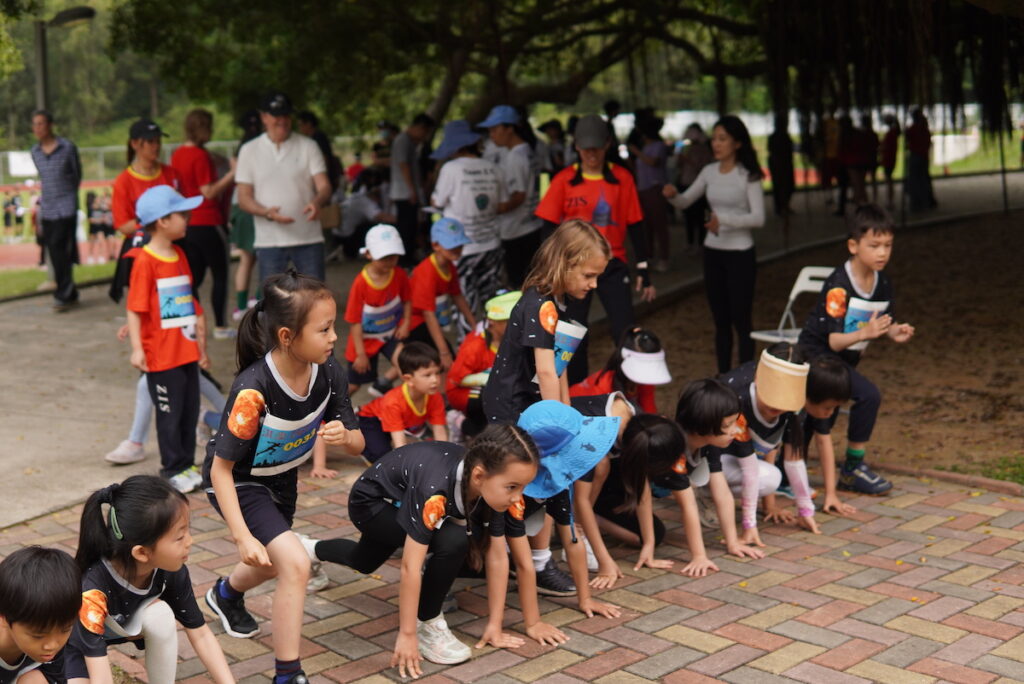
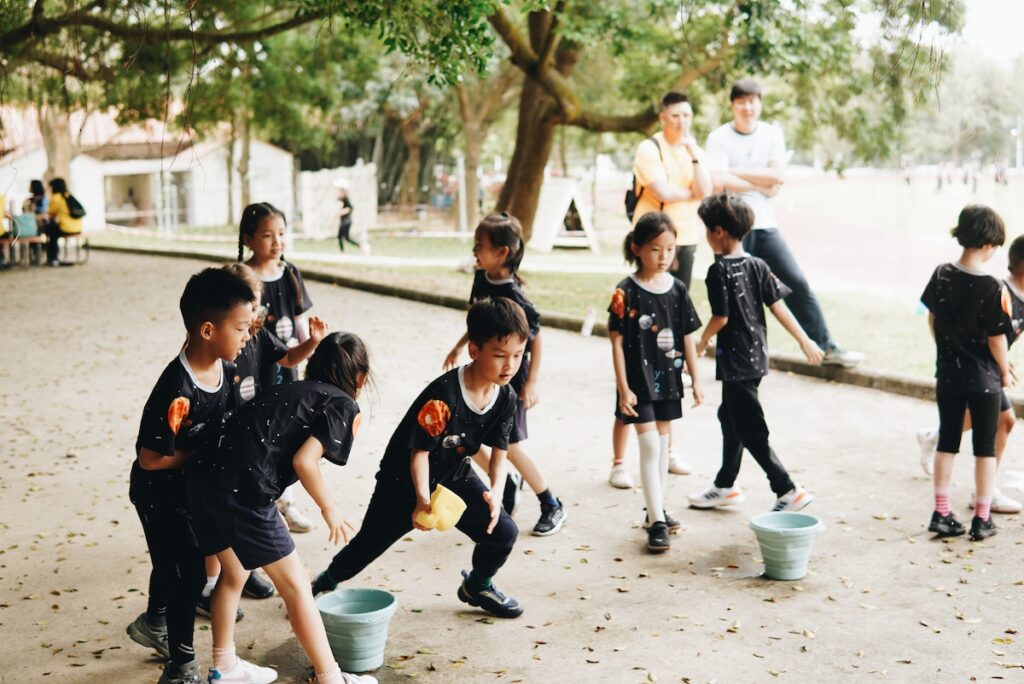
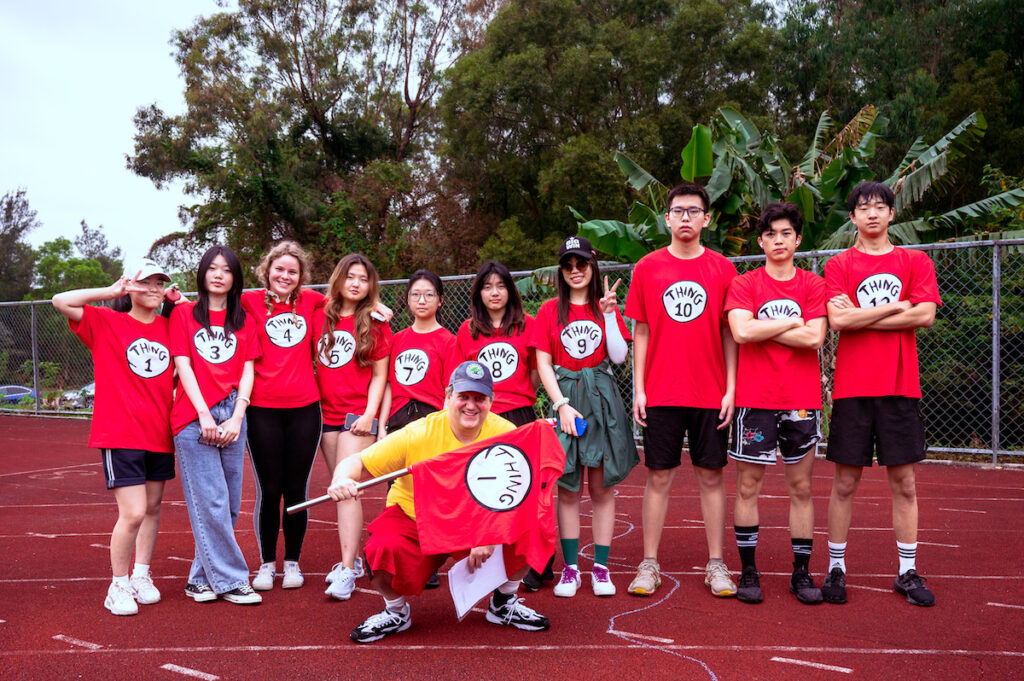

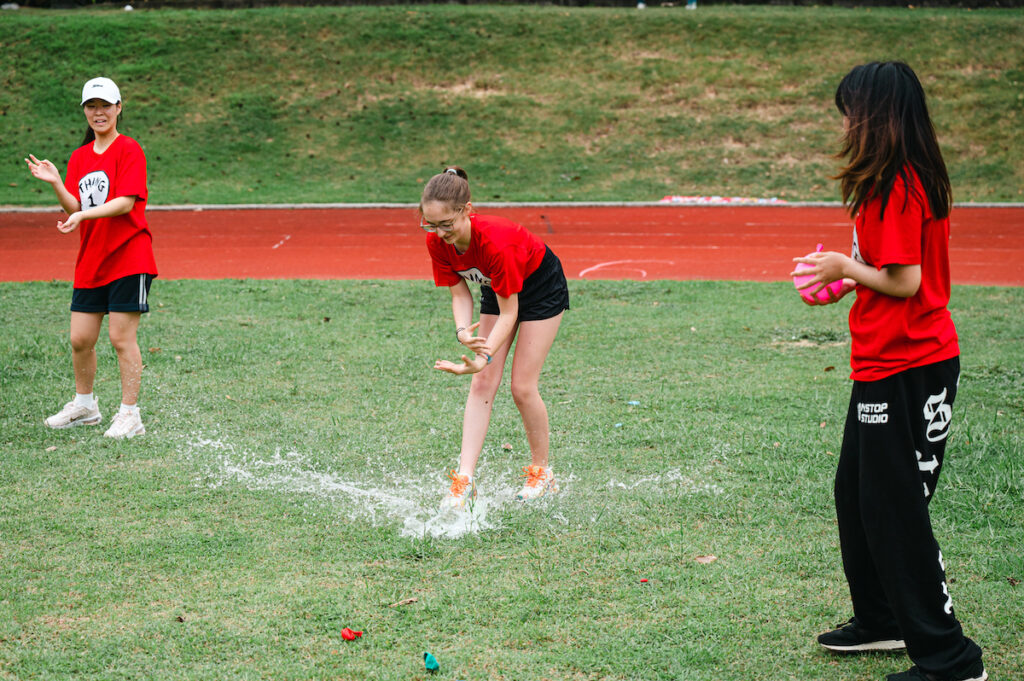
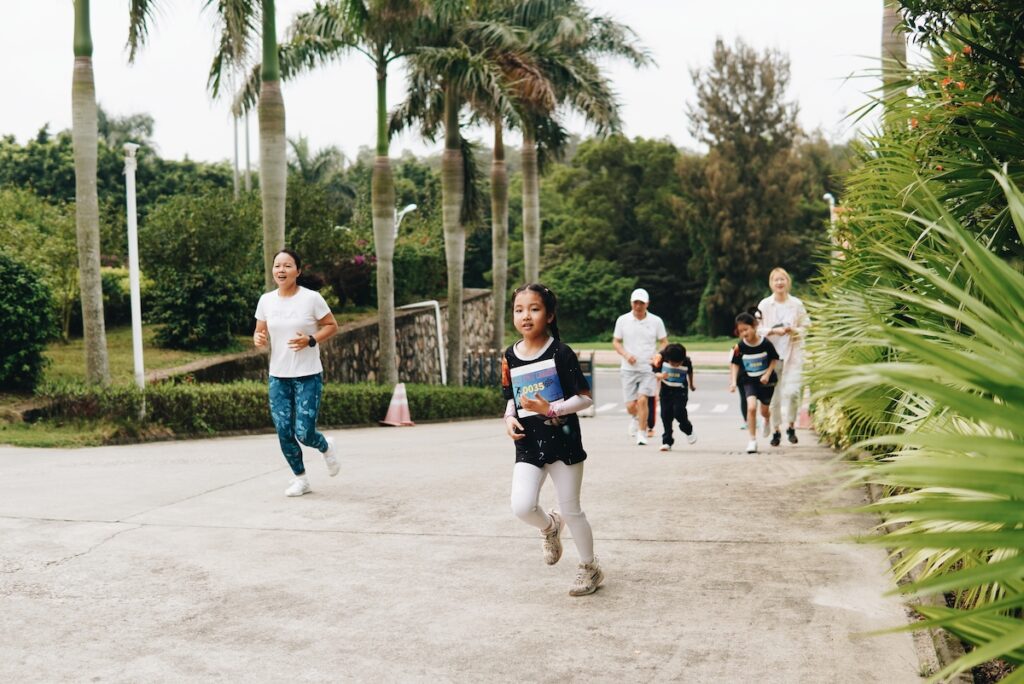
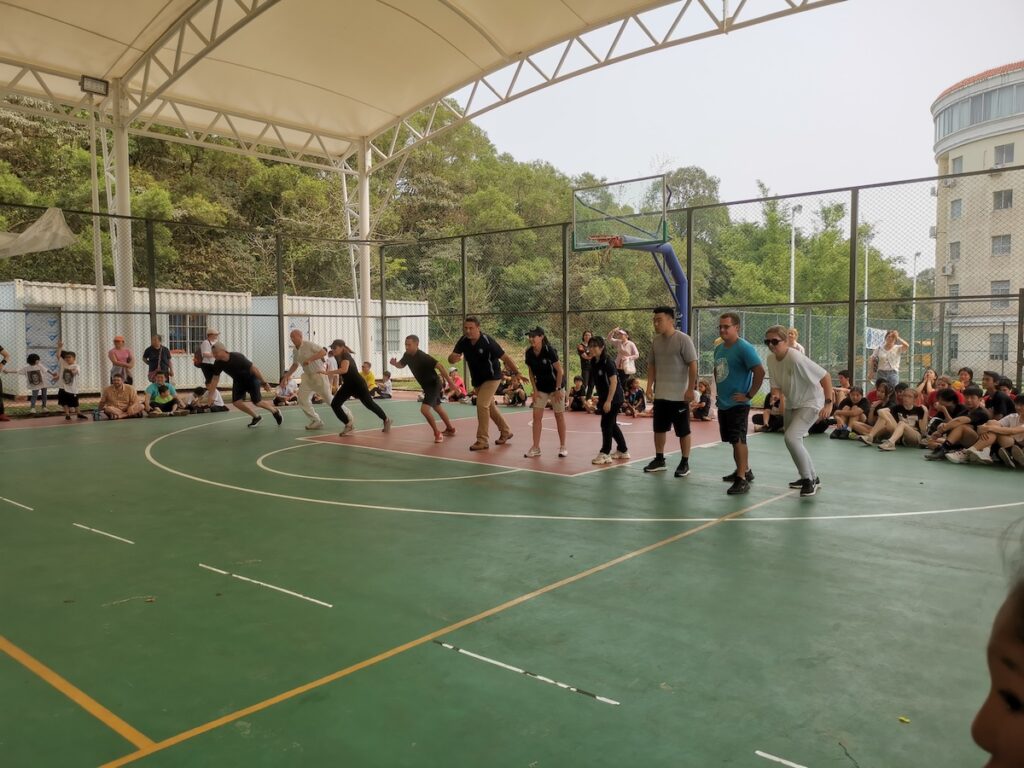
In order to appreciate the importance of physical activity, our commitments to student wellbeing draw on leading experts from across the world.
Canada has led the way in offering guidance for parents and schools since first introducing health guidelines in 2019 that have us consider child movement over the course of the 24-hour day. Other countries such as Australia have adopted similar “24-Hour Movement Guidelines” and there is considerable consensus out there. Importantly they address screen time in their summaries as well.
Children and youth, from ages 5-17, see optimal health benefits where they “achieve high levels of physical activity, low levels of sedentary behavior, and sufficient sleep each day” according to the Canadian Society for Exercise Physiology (CSEP).
CSEP offers this helpful graphic to capture the 4 components of a healthy 24 hour day:
SWEAT
Moderate to vigorous physical activity for at least 60 minutes per day.
STEP
Several hours of light physical activity, both structured and unstructured.
SLEEP
Uninterrupted sleep with routine bed times and wake up times:
9 to 11 hours per night (5-13 year olds)
8 to 10 hours per night (14-17 year olds)
SIT – SEDENTARY BEHAVIOUR
Limit sitting for extended periods.
No more than 2 hours of recreational screen time per day.
Avoid screens in the final hour before bed.
Make bedrooms a screen free zone.

Sports Day at ZIS is hours of fun. Physical challenges encourage students to exercise courage as risk-takers in many ways. The pressures of sporting competition demand excellence in collaboration and ask every participant to engage as caring, principled learners. Activities shared by the whole student body and by the ZIS community build our school identity and culture. Despite the achy muscles the next day, what’s not to love?!
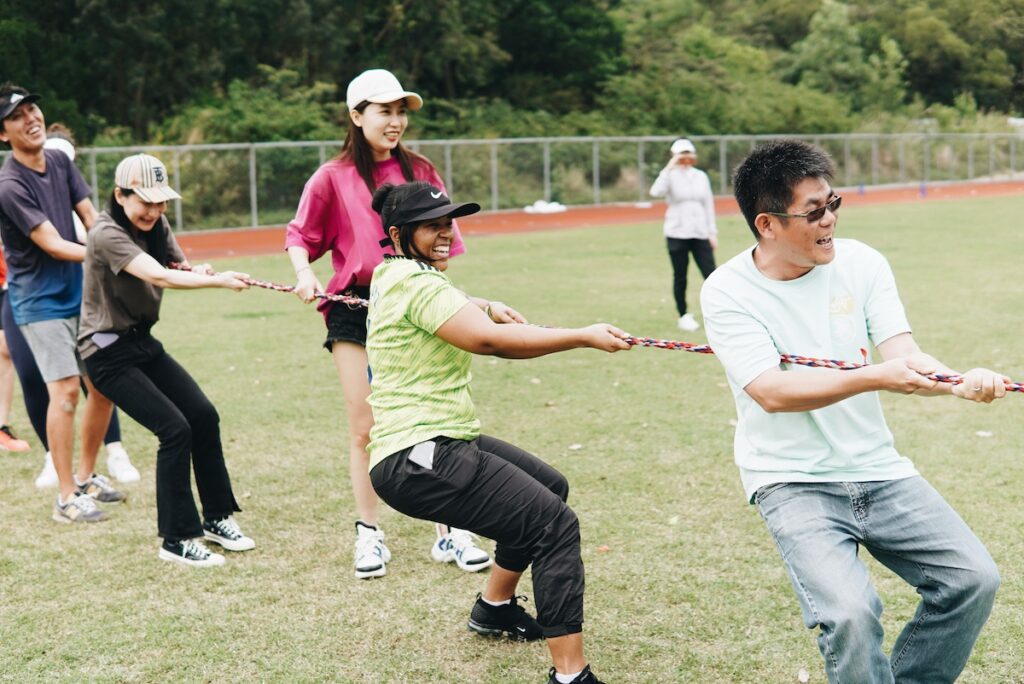
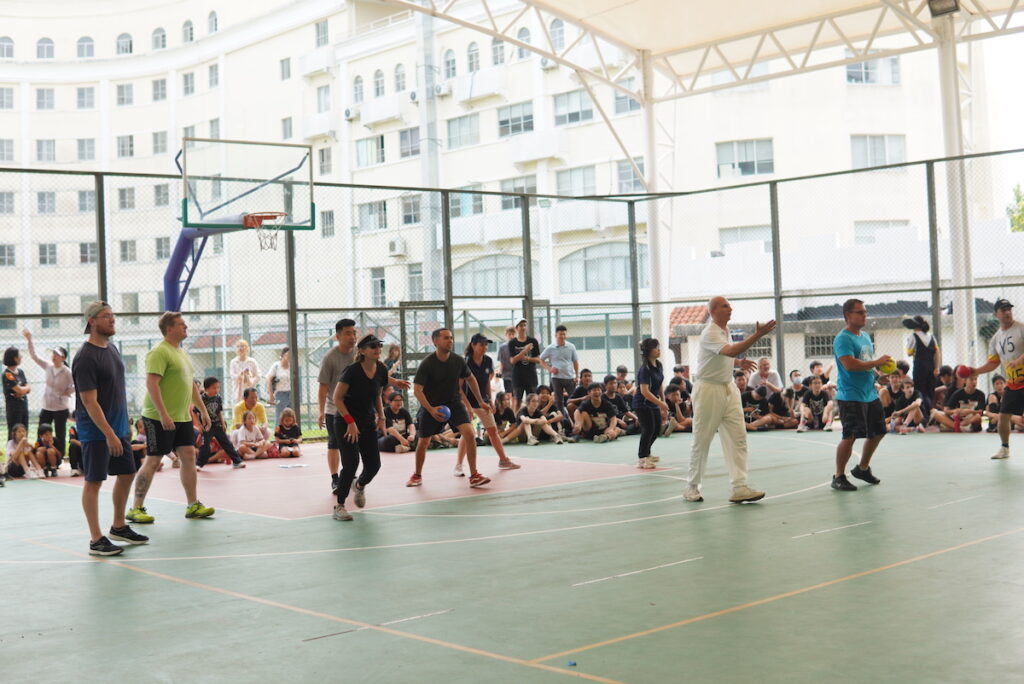
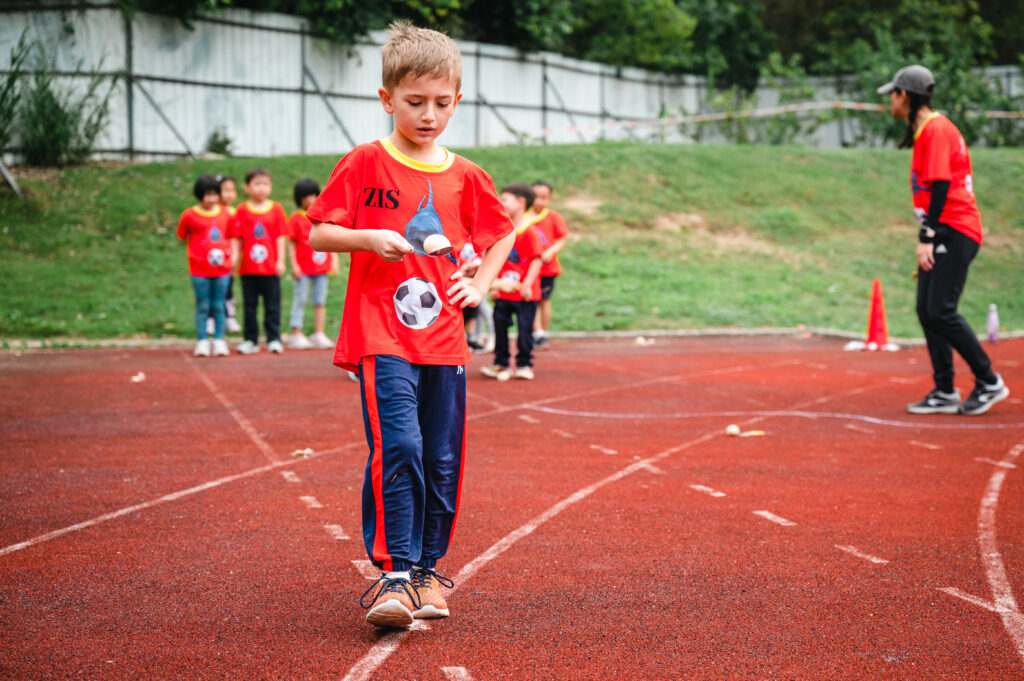
Sources:
Australian Government – Department of Health. 2021. Guidelines for Healthy Growth & Development for Children and Young People (5 to 17 Years). www.health.gov.au
Canadian Society for Exercise Physiology (CSEP). Canadian 24-Hour Movement Guidelines for Children and Youth (5-17 Years). www.csepguidelines.ca

